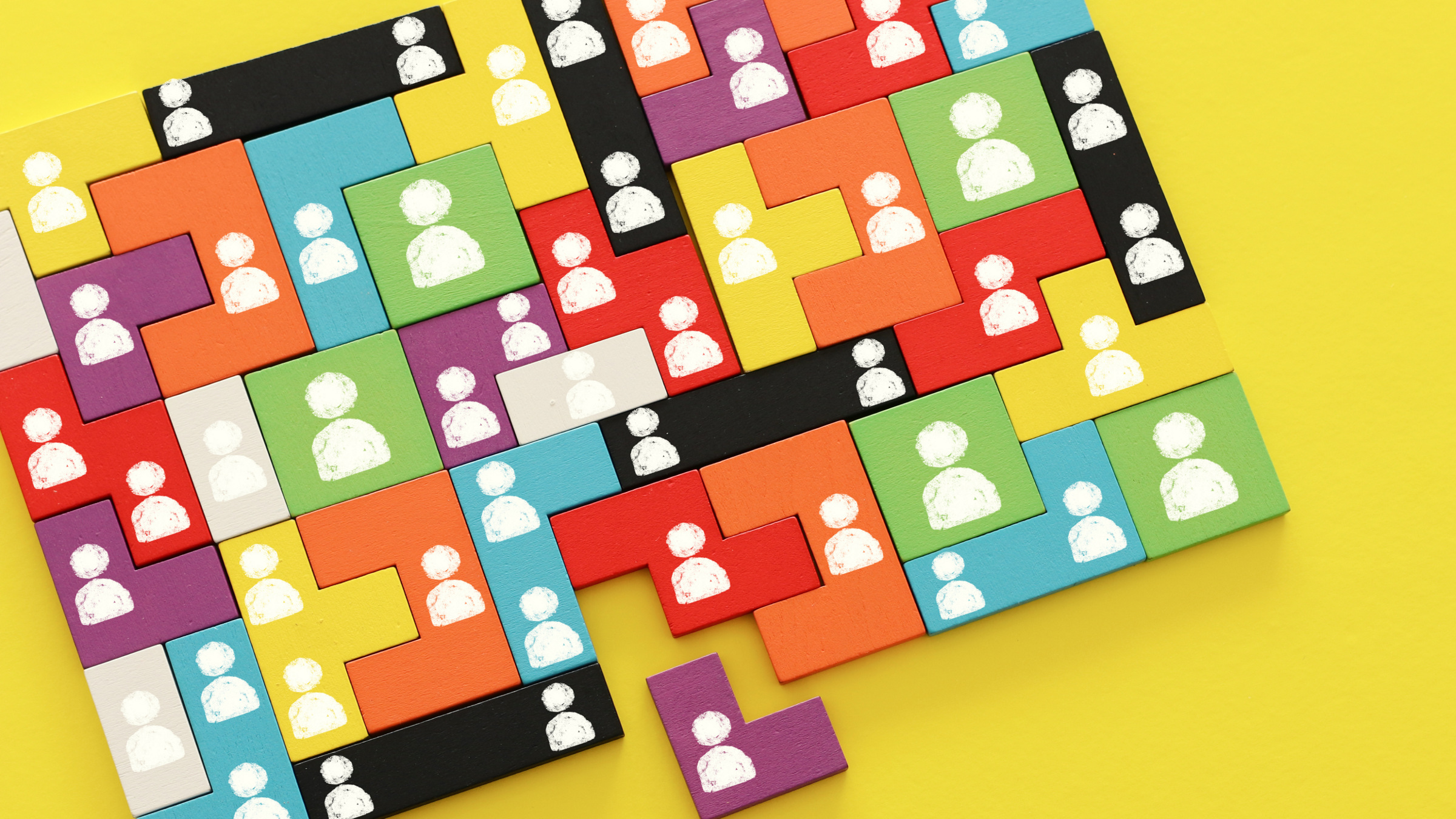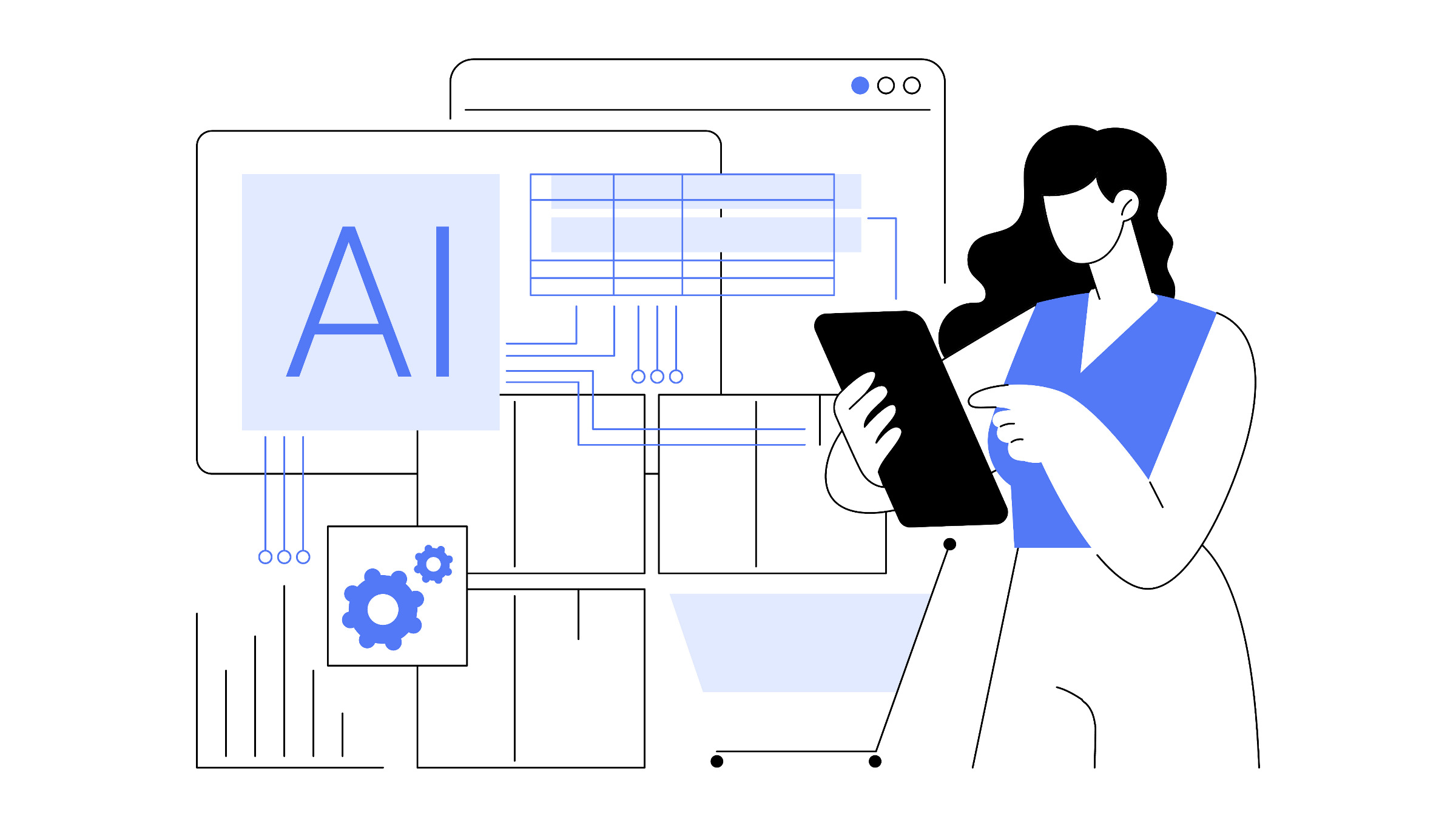For years, career experts have been preaching the importance of durable (or soft) skills for career longevity. These skills, such as creativity, resilience, adaptability, leadership, and critical thinking, don’t change with technology trends but are constant demands. According to LinkedIn’s 2019 Global Talent Trends report, 92% of surveyed companies reported that human capabilities matter as much or more than hard skills in today’s business world.
But what does that demand look like in the age of AI?
As AI evolves and becomes more prevalent, durable skills will be more important than ever. No matter what tools you’re using or how you’re communicating, soft skills are essential to bring a level of humanness to our work.
AI Needs Human Skills
It’s no secret that AI is advancing rapidly and changing how people do their jobs. From content creation to data analysis and beyond, AI impacts many daily tasks. But what’s its impact on soft skills?
On the surface, it may seem like AI is replacing the need for these durable skills. Listening? AI can record and summarize meetings and conversations. Decision-making? AI can run through various scenarios and recommend the decision with the best outcomes. Creativity? AI can create an image or text.
The one thing missing from these situations is humanness. No matter how much AI grows, there will still be humans behind the technology.
Our increasingly remote world is set to become even more isolating as technology and AI continue to push people apart. The soft, inherently human skills are what connect us and allow us to innovate, collaborate, and grow together. No matter how you’re communicating, you have to do so tactfully. Human-centric, durable skills are still critical.
So much of the focus on AI growth is efficiency and productivity (which are great things), but it’s easy to forget that behind the screens and algorithms are people. We still work with and sell to people. Being able to cut through the digital fog and think and act like a human is something AI can’t take away. AI cannot understand and connect with customers and coworkers to create meaningful relationships. AI can’t replace the interpersonal connections that make our jobs meaningful.
And we’re not alone in this thought. According to Wiley’s recent Taking the Person Out of Interpersonal: Why AI Can Never Replace Soft Skills survey, 80% of respondents say soft skills are more important than ever. Among the most important? Communication, leadership, and adaptability.
Prioritizing Soft Skills When Hiring
In the age of AI, many employers are focusing less on where you went to school and more on what skills you bring to the table—especially soft skills. This new approach allows unique soft skills to shine. As long as an employee can think creatively or communicate well, for example, they can learn most other skills on the job. And it works: skills-based hiring brings incredible results.
Recent job posting analysis from CompTIA found that tech employers have been focused on skills-based hiring and “considering candidates who traveled alternate pathways to the workforce.” The study also said that nearly half of “active tech job postings” in August 2024 “did not specify a four-year degree requirement among candidates.”
According to the U.S. Department of Labor’s Office of Disability Employment Policy, some of the most desirable skills for potential employees include:
- Critical thinking and problem-solving
- Creativity and innovation
- Resilience
- Collaboration and teamwork
- Communication
- Professionalism
These in-demand skills are less susceptible to being automated by AI and can provide a competitive advantage for companies in a crowded job market.
What does this all mean for employers and employees? It’s never been more important to develop durable, human-centric skills. These skills allow you to innovate, collaborate, and adapt—all things that AI lacks. In many cases, it isn’t about pitting AI and soft skills against each other and saying one is better than the other. Instead, it’s about developing uniquely human skills that can also be used to collaborate with AI systems. After all, as highlighted in analysis from MIT Sloan School of Management, AI is most effective when used with human intelligence.
In the age of AI, embracing and developing lasting, durable skills is essential. When used in collaboration with AI and other technology, soft skills can reach new potential.

Beth Nichols, Director of Student Engagement at MyComputerCareer, has nearly a decade of company experience supporting students from enrollment through graduation. She oversees MyComputerCareer’s Pathways Program, helping learners thrive academically and professionally.

Russ Munisteri, CISSP and Director of Education at MyComputerCareer, is a seasoned IT professional with over 25 years of experience in systems administration, cybersecurity and technical education. He leverages his extensive industry background and teaching expertise to prepare learners for success in IT and cybersecurity.




Join the Discussion (0)
Become a Member or Sign In to Post a Comment